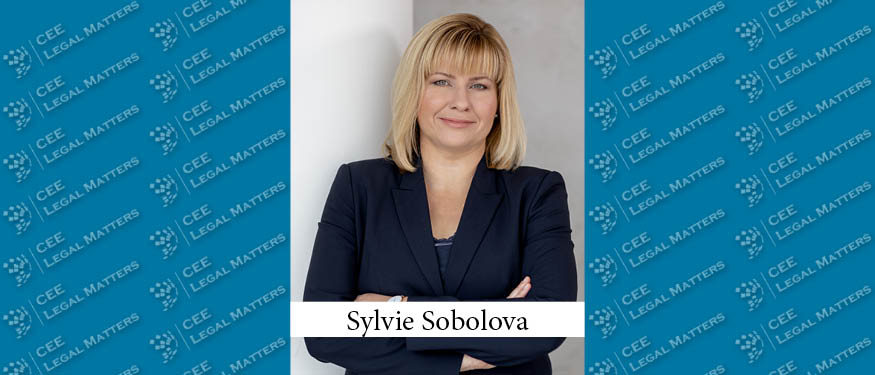The Czech legislature has been recently working on several new laws and amendments, including adopting whistleblowing and energy price cap-related regulations, according to Kocian Solc Balastik Partner Sylvie Sobolova.
"From my perspective, the most important legislative update is a draft law on whistleblowing, implementing the EU directive, which has been approved by the Czech government and is now being debated in parliament," Sobolova begins. "This is a brand new law in the Czech legal order and requires companies to introduce new processes. It applies to companies with at least 50 employees, consequently, even rather small companies might fall under these new regulations." According to her, it will likely require substantial assistance from legal practitioners and the close attention of the business community, especially considering that the law stipulates very high penalties for non-compliance.
"There have been some notable developments in the field of business corporations as well," Sobolova continues. "Several amendments of the Act on Business Corporations, the Act on Public Registers, and the Trade Licensing Act will enter into force, introducing major updates in two areas. First of all, there are new grounds preventing and/or disqualifying a person from exercising the functions of a member of the elected corporate bodies – e.g., the statutory body or supervisory body. The recent amendments also address the newly established Register of Disqualified Persons." Secondly, she notes "the incorporation of business corporations has been simplified due to the fact that the companies will not be required to obtain a trade license or concession before their registration in the Commercial Register. Furthermore, the Ministry of Justice has published model articles of association for a limited liability company, the use of which will reduce the court and notary fees for the establishment and incorporation of a company."
Another field in which there have been major changes, according to Sobolova, is the area of crypto-assets, where a new EU regulation is about to come into force soon. "The new regulation brings the operation of platforms for trading investment instruments based on the so-called shared registry technology under control," she says. "Such business activity will newly require a license."
"The parliament has also finally adopted a long-awaited amendment to the Copyright Act, which implements the EU Directive on copyright in the digital single market," Sobolova adds. "This introduces, among others, new rights of press publication publishers if their press publications are used online by information society service providers and provide new rules on the use of protected content by online content-sharing service providers."
Finally, Sobolova highlights several amendments to labor law as well. "The government will lodge with the parliament a labor act amendment that shall address, among others, the rules applying to remote working," she notes, adding that "the law will regulate the legal prerequisites for the use of the home office as well as, for example, the reimbursement of the costs of working from home."
